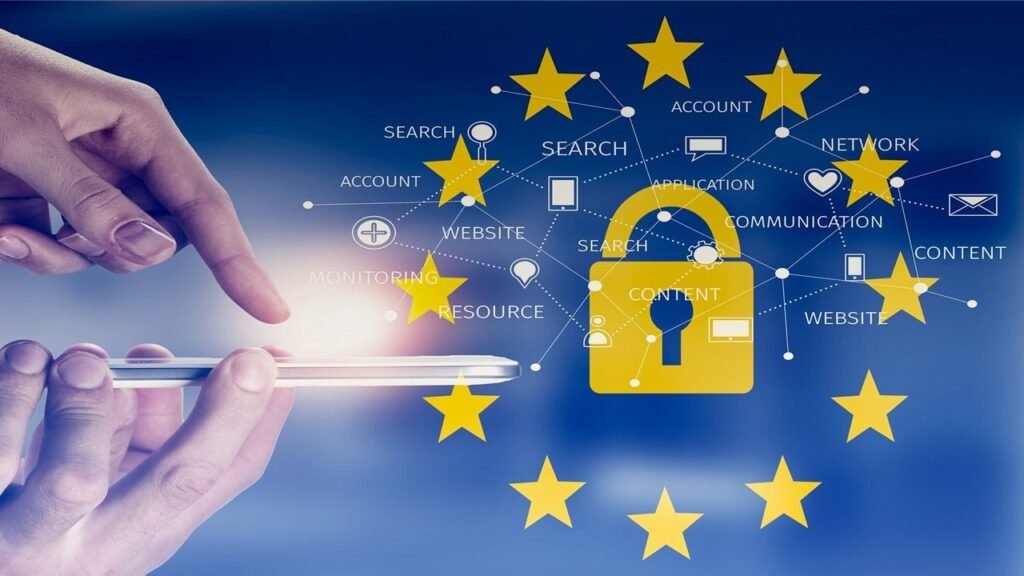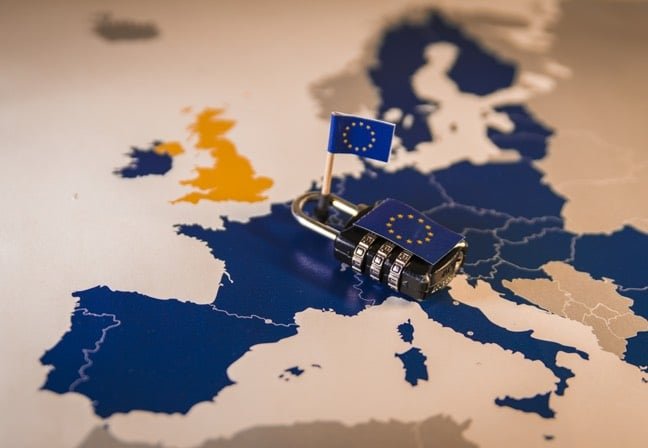How to protect yourself online in 2019

About the author
Nick Shaw is Vice President and General Manager of Symantec’s Norton business across Europe, the Middle East & Africa.
It’s been a whole year since the General Data Protection Regulation (GDPR) came into effect. Yet the changes it brought continue to be vitally important. Why? Because it raised the standards for the protection of EU consumers’ data and privacy – and made these standards enforceable by potentially massive fines for organisations that fail to keen their customers’ data safe. GDPR also gave consumers new rights – such as the right of erasure – so you can request your personal data be deleted.
Organisations have also had to improve how they store and manage your data, for example by using better encryption and more secure methods of transmitting information. What’s more – companies must now disclose any breaches within 72 hours of them taking place. This is all extremely important, because – as revealed by the 2018 Norton LifeLock Cyber Safety Insights Report (NLCSIR) – over the course of last year, a third of all British people experienced some form of cyber crime. So, if you find yourself more concerned about your privacy – it’s not surprising!
Nor should you feel you’re alone – our research found nearly three out of four Brits (74 percent) are more alarmed than ever about their privacy. Moreover, UK consumers now view data protection as a right, not a privilege: 78 percent say they’re not willing to pay service providers to ensure their personal information is protected when using them.
- How to protect your privacy online with Tor Browser
- Avoiding unwanted tracking online
- How are consumers protecting themselves against online
!–>
Be the first to write a comment.


